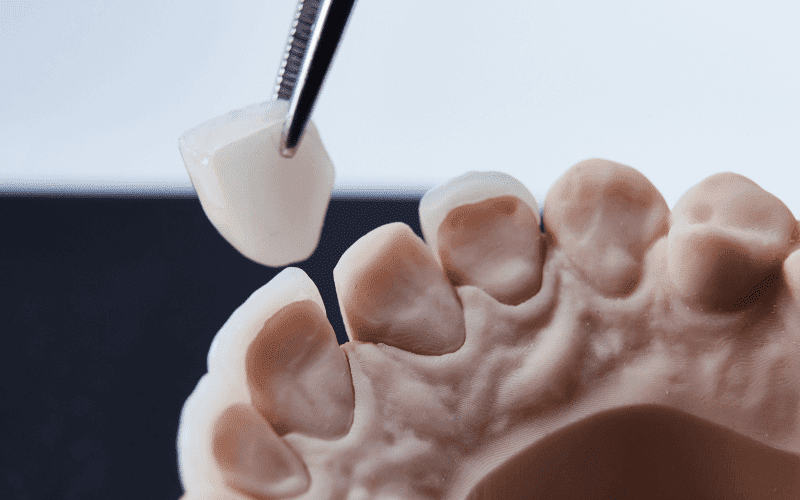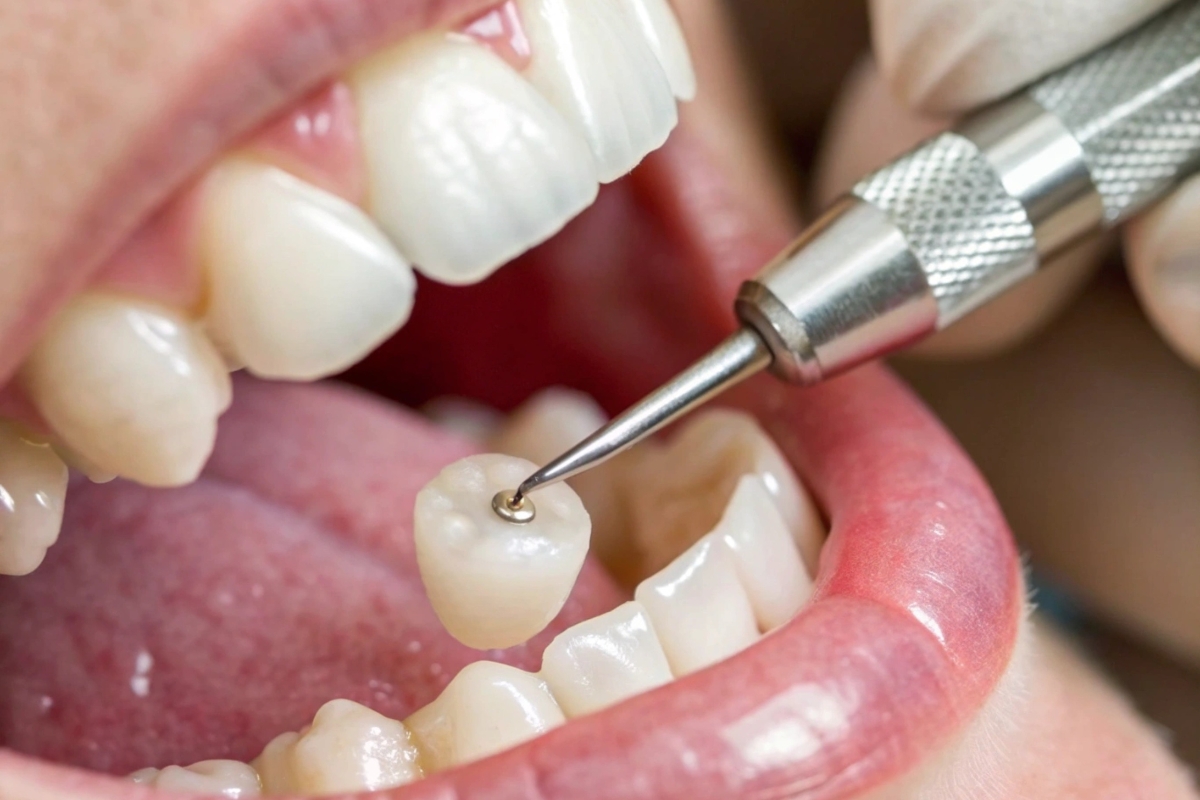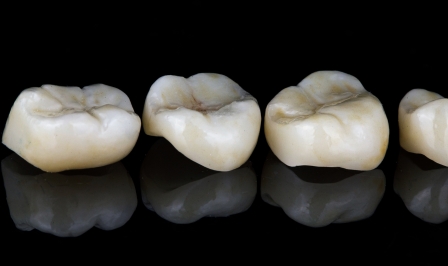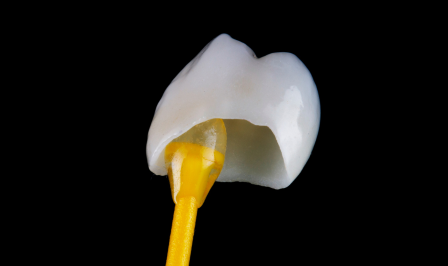
A dental crown, a tooth-shaped cap placed over a damaged tooth, can significantly enhance your smile and oral function. However, to ensure the longevity and effectiveness of your crown, it’s essential to provide proper care. This blog will offer valuable tips on maintaining your dental crown and highlight the importance of regular check-ups with a Dental Crowns in Cedar Grove expert.
Understanding Your Dental Crown
Before delving into care tips, it’s crucial to understand what a dental crown is and its purpose. A dental crown can be made from various materials, including porcelain, metal, or a combination of both. Its primary function is to restore a damaged tooth’s strength, shape, and appearance.
Essential Care Tips for Your Dental Crown
- Maintain Excellent Oral Hygiene: Even with a dental crown, consistent oral hygiene remains paramount. Brush your teeth twice daily with a soft-bristled toothbrush and fluoride toothpaste. Flossing is also essential to remove food particles and plaque around the crown.
- Watch Your Diet: While dental crowns are durable, they can still be damaged by excessive force. Avoid biting down on hard objects like ice, nuts, or hard candy. Sticky foods can also pose a risk, so enjoy them in moderation.
- Regular Dental Check-ups: Consistent visits to your dentist are vital for maintaining the health of your dental crown and overall oral health. Regular check-ups allow your dentist to monitor the crown’s condition and address any potential issues early on.
- Night Guards for Bruxism: If you grind your teeth (bruxism), a night guard can protect your dental crown from excessive wear and tear. Discuss this option with your dentist if you suspect you may be a teeth grinder.
- Avoid Tobacco and Excessive Alcohol: Tobacco use and excessive alcohol consumption can negatively impact oral health and potentially damage your dental crown.
- Gentle Bite Force: Be mindful of your bite force. Applying excessive pressure on your teeth can strain the crown and lead to premature wear.
Signs of Dental Crown Issues
It’s essential to be aware of potential problems with your dental crown. If you notice any of the following signs, contact your dentist promptly:
- Pain or discomfort: Persistent pain or sensitivity around the crown may indicate an underlying issue.
- Loose crown: A loose crown requires immediate attention to prevent further damage or loss.
- Chipped or cracked crown: If your crown is chipped or cracked, it needs repair to prevent complications.
- Discoloration: A noticeable change in the crown’s color may be a sign of decay or other problems.
The Role of a Dental Crowns in Cedar Grove Expert
Regular check-ups with a qualified dentist are crucial for maintaining the health of your dental crown. A Dental Crowns in Cedar Grove professional can:
- Monitor the condition of your crown
- Detect any potential issues early on
- Provide necessary adjustments or repairs
- Offer guidance on oral hygiene and care
By following these tips and scheduling regular dental check-ups, you can significantly extend the lifespan of your dental crown and enjoy a healthy, confident smile. Remember, prevention is key when it comes to dental care.
Types of Dental Crowns: Finding the Perfect Fit
Dental crowns come in various materials, each with its own set of advantages and disadvantages. Choosing the right type of crown depends on factors such as the tooth’s location, aesthetic preferences, and budget. Here’s a breakdown of the most common types:
All-Ceramic or Porcelain Crowns
- Aesthetic appeal: These crowns closely mimic the natural appearance of teeth, making them an excellent choice for front teeth.
- Durability: While strong, they may not be as durable as metal or porcelain-fused-to-metal crowns for back teeth.
- Cost: Generally more expensive than other options.
Porcelain-Fused-to-Metal Crowns
- Strength and durability: The metal base provides strength, while the porcelain exterior offers a natural look.
- Cost-effective: Often more affordable than all-ceramic crowns.
- Potential for metal showing: Over time, gum recession might expose the metal base.
Metal Crowns
- Durability: These crowns are exceptionally strong and long-lasting, making them ideal for back teeth.
- Less aesthetic: The metallic appearance is noticeable, making them unsuitable for front teeth.
- Cost-effective: Generally the most affordable option.
Gold Crowns
- Strength and durability: Gold crowns are highly resistant to wear and corrosion.
- Biocompatibility: Gold is well-tolerated by oral tissues.
- Cost: Typically the most expensive option.
Resin Crowns
- Affordable: These crowns are the most budget-friendly option.
- Less durable: Resin crowns are prone to chipping and staining.
- Limited lifespan: They are generally not recommended for long-term use.
Factors to Consider When Choosing a Dental Crown
- Tooth location: The visibility of the tooth will influence the choice of material.
- Bite force: Teeth that experience high bite forces may require stronger materials like metal or porcelain-fused-to-metal.
- Allergies: Some individuals may have allergies to certain metals used in dental crowns.
- Cost: Consider your budget when selecting a crown material.
- Aesthetic preferences: If appearance is a priority, all-ceramic or porcelain-fused-to-metal crowns are excellent choices.
Your dentist will help you select the most suitable type of dental crown based on your individual needs and preferences. By understanding the different options available, you can make an informed decision about your oral health.








